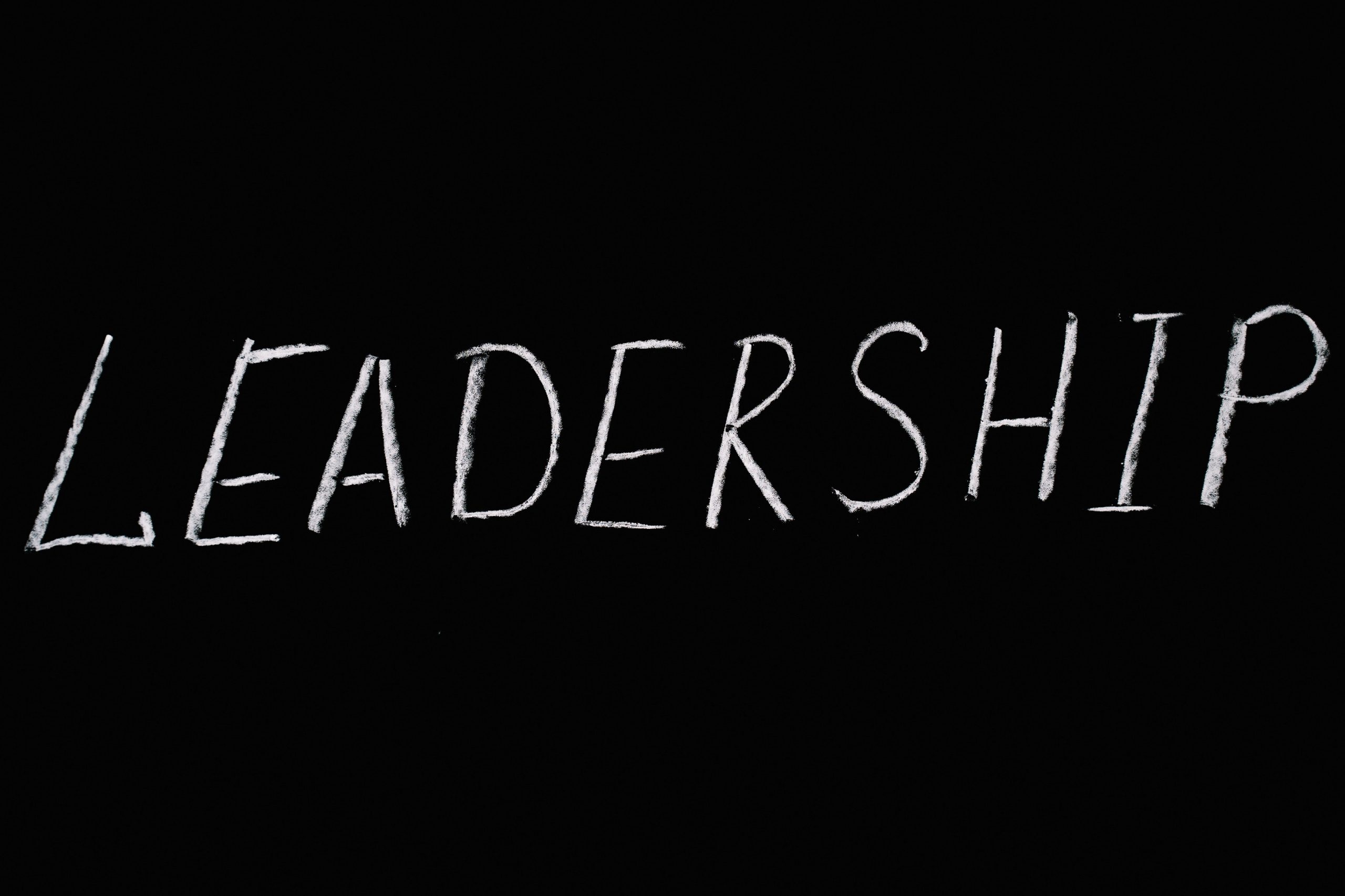Whilst there is much talk of the need to transform organisations this is often couched in the language of urgent reform. A popular phrase in local government used by Chief Executives is to refer to the organisations financial situation as a “burning platform” and then proceed to outline a number of painful and unpopular measures that are so essential and so urgent they must be imposed without further discussion or consultation.
As business leaders identify what the new normal post pandemic will require there is a similar sense of we must act and we must act quickly. The result may be a very different organisation but this is not how organisations are transformed. To transform an organisation you must take employees with you, therefore you must discuss, explain , consult, negotiate and make compromises. This is not a quick process. However if successful if will be ingrained in the culture, not superficial , it will be resilient and not revert at the first serious setback.
If you want an inspiring example of transformation and an alternative to those rather dry articles in the Harvard Business Review then watch the 2012 Spielberg film Lincoln. President Lincoln’s transformational leadership at a time of great social turmoil has relevance not just for today’s political leaders but for those responsible for transforming organisations.
His leadership was based around a slow, deliberate, incremental transformation, a tactical approach which involved pushing the agenda forward when the timing was right and then pouncing on the opportunity. He aimed to take people with him so placed great emphases on communication, his vision and clear set of values inspired people, his willingness to listen and admit mistakes meant he was trusted and he was decisive.
If you want to change an organisation, restructure, reorganise, introduce new working practises and invest in the latest technology. If you want to transform an organisation change its culture!









